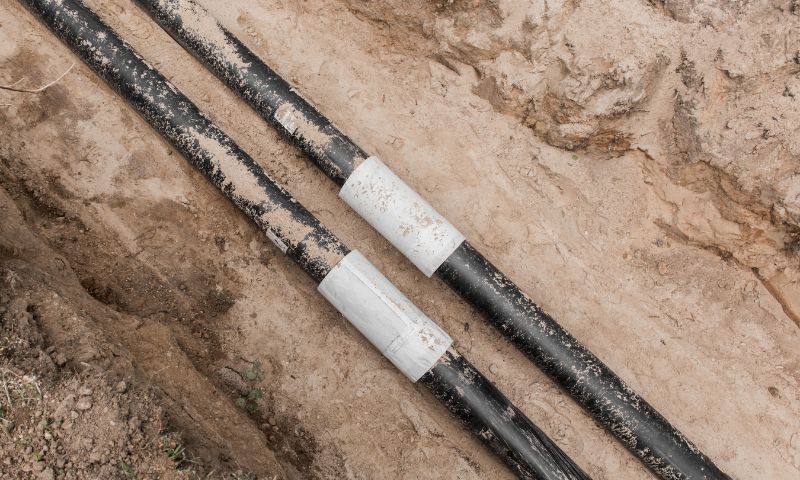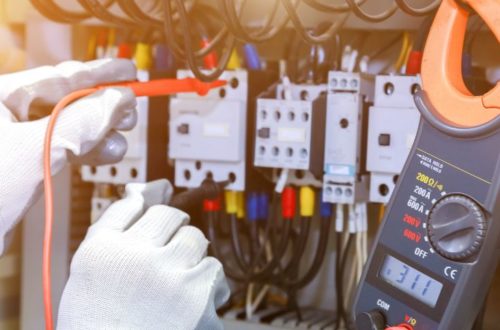Causes of Sewer Odors in Commercial Buildings

In commercial buildings, various plumbing issues can lead to the unpleasant and unwelcome presence of sewer odors. These odors reflect poorly on the business, create an unpleasant environment, and can pose potential health risks to building occupants. Explore some of the most common causes of sewer odors in commercial buildings and how to address them.
Dry P-Traps
P-traps are the curved sections in a plumbing system designed to hold a small amount of water that creates a barrier to prevent sewer gases from traveling up the drain. However, if a P-trap becomes dry due to infrequent use or evaporation, it can no longer provide that necessary barrier. As a result, sewer gases can seep into the building, leading to persistent sewer odors. To resolve this issue, regularly run water through infrequently used drains to keep the P-traps filled and functioning correctly.
Cracked or Damaged Sewer Lines
Another common cause of sewer smells in commercial buildings is cracked or damaged sewer lines. Ground movement, material aging, and tree root intrusion can lead to damaged sewer lines. Cracked or damaged sewer lines allow sewer gases to escape into the surrounding soil, eventually seeping into the building’s foundation and creating that unmistakable odor.
Fixing the plumbing under a building’s concrete slab is one of the most common commercial plumbing repairs. If you notice damp spots or mildew on the flooring or walls of your building, contact a plumber for help.
Blocked Sewer Lines
When sewer lines get blocked, the gases can’t flow freely, leading to a backup in the sewer lines. As pressure builds, those sewer gases find their way back into the commercial building, resulting in a pervading smell of sewage. Additionally, exposure to sewer gas may carry health risks, including hydrogen sulfide poisoning.
Blockages can result from debris buildup, such as grease, hair, or foreign objects. Have your building’s sewer lines regularly cleaned and maintained to prevent blockages and keep sewer odors at bay.
Faulty Backflow Preventers
Backflow preventers play a crucial role in maintaining the integrity of a building’s plumbing system, preventing contaminated water from entering the potable water supply. However, when a backflow preventer fails or is improperly installed, it can lead to sewer gas infiltration in the building.
It’s important to note that backflow preventers require routine professional inspections. If you suspect your building has a faulty backflow preventer, have a certified plumber repair it to eliminate sewer odors and protect the quality of your building’s water supply.
Conclusion
Dry P-traps, cracked or damaged sewer lines, blocked lines, and faulty backflow preventers can cause stomach-churning sewage smells to enter a business. These plumbing issues not only create an unpleasant environment but can also pose significant health risks. For a healthier, odor-free commercial building, contact a certified plumber to inspect, clean, and repair potential problem areas.
Would you like to receive similar articles by email?





